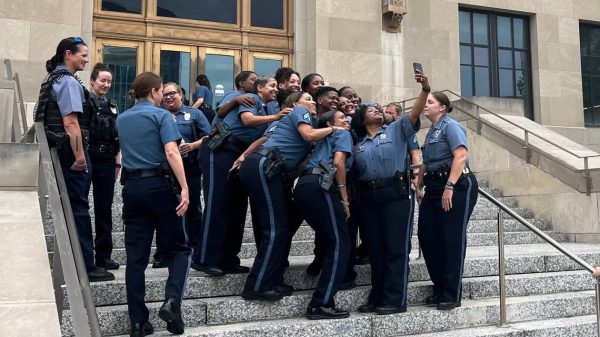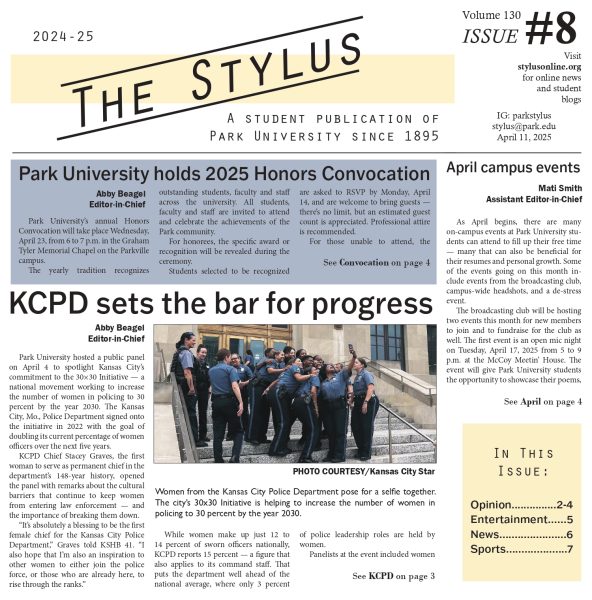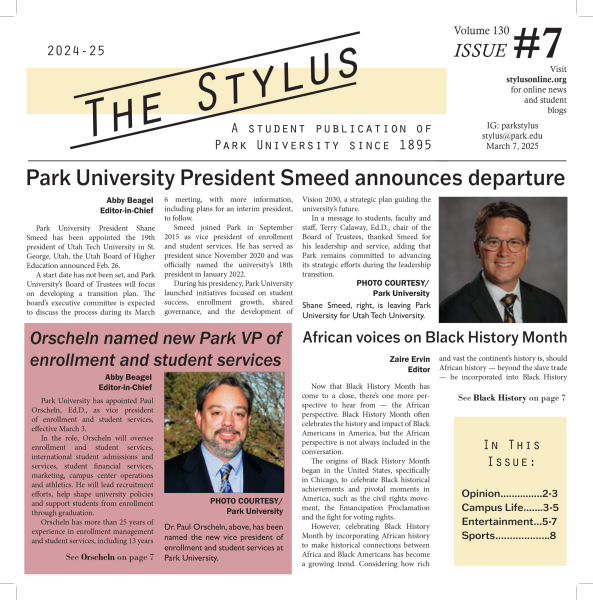Finals approaching, students scramble to prepare
The final weeks of the semester are impending and for some this may be exciting but for others this is where the stress really kicks in.
Registration for spring classes opens up and you must decide which classes to sign up for and once you make that decision, it is a matter of whether or not they can all be scheduled together.
“It usually is not a struggle but I am kind of dreading registering,” said Brittany Duke, a junior English and Public Relations major. “My classes fall in really weird times and I don’t know how I am going to do it because I have work, so I’m kind of avoiding registering.”
To make things a little easier on both yourself and your advisor, have a plan of the classes you need to sign up for prior to meeting with each other.
“I think most advisers would just love it if students came to their offices having looked at the degree audit and developed a tentative list of classes they’d like to take next term,” said Lora Cohn, communication arts professor. “They’re more likely to go out of their way to help you and that can mean the difference between an independent study and graduating on time or having to come back for an extra class in the summer.”
Remember, registration and finals are just as busy and stressful for professors as they are for students so working together to make it easier on each other will be very beneficial.
Once you’ve registered for your classes in the spring, it’s time to think about the upcoming finals you may have. Once November hits, the semester is over in a blink of an eye.
For Duke, stress during finals week is inevitable.
“I usually end up have a panic attack,” she said. “As I’ve gotten older I try not to stay up all night but sometimes I do stay up all night and just crank it out. I feel like this semester’s finals are going to be difficult.”
Cohn’s said her best advice for preparing for finals is to start early.
“(You should) set a schedule and start reviewing the material from the first half of class,” she said.
“If you have papers or projects, set a time each day to work on those papers. Divide the paper up into tasks or sections and enter those in your calendar. The best time to work on a paper is in that break you have between classes – even an hour means you can get to the library, find a quiet place and work for a good bit before you head to your next class,” Cohn said.
For more information about the finals schedule or for help preparing, go to www.park.edu.
Your donation will support the student journalists of Park University. Your contribution will allow us to cover our annual website hosting costs, freeing up other funds for equipment, printing and training.






